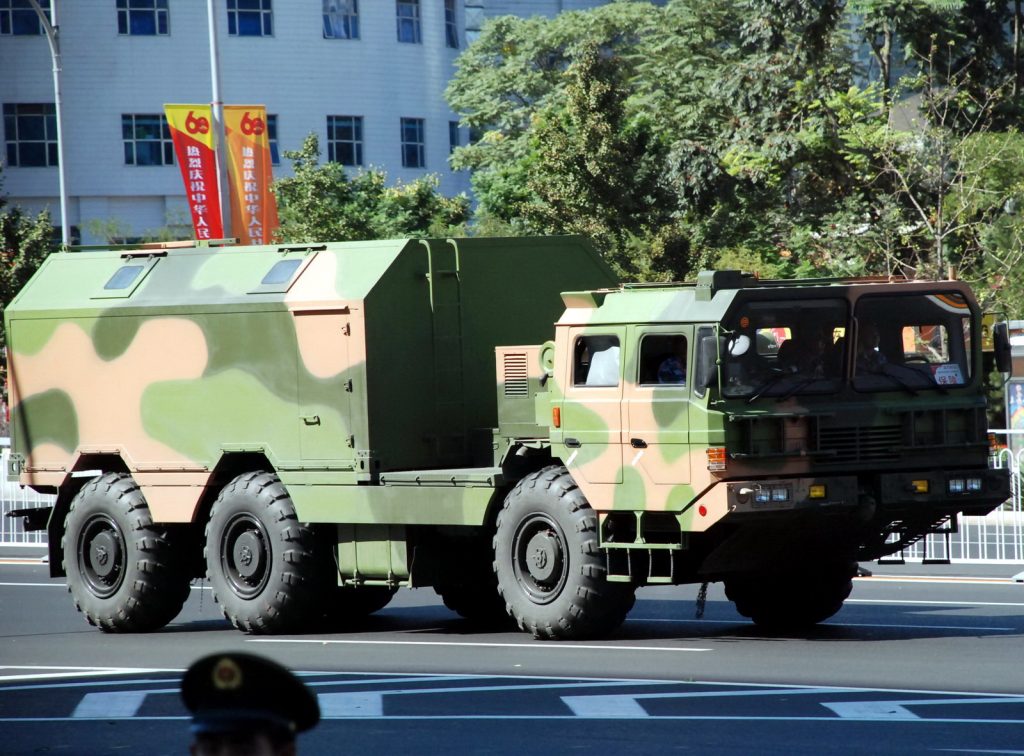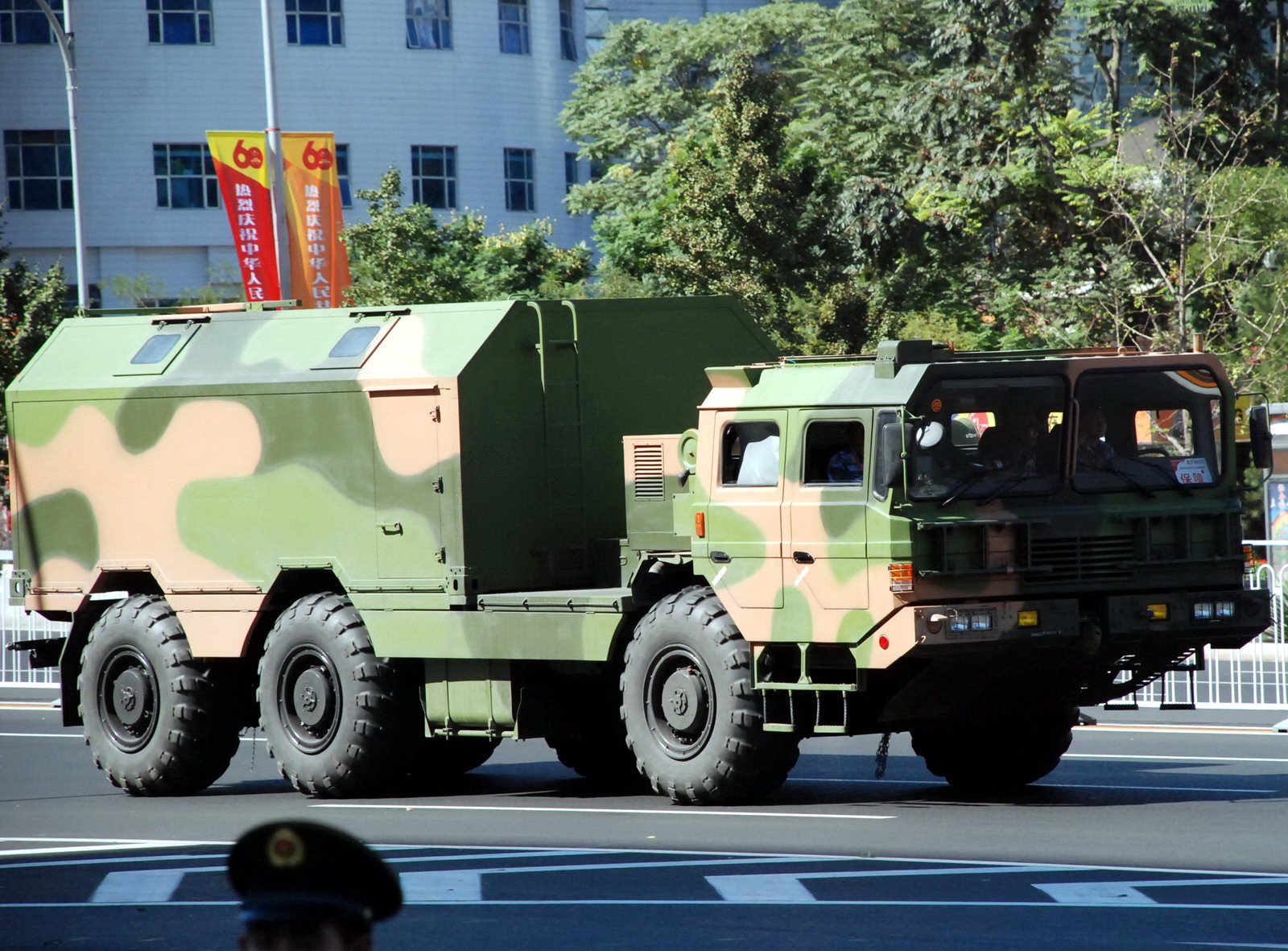
In a report, the Lowy Institute said, the coronavirus induced COVID-19 pandemic has weakened China’s power in the Indo-Pacific, deepening security uncertainties increases in region thereby increasing “significant” risk of war.
“Key balancing powers in the region such as India, along with U.S. allies have never been more dependent on US capacity and willingness to sustain a military and strategic counterweight to respond to China’s rise,” reads the report of the Sydney-based foreign policy think tank.
China has created a trio of alliance with Pakistan, North Korea and Russia and has upgraded military exchanges with them while at the same time sought to dissuade Southeast Asian countries from joining the U.S. coalition.
“Whether the emerging balance of military power contributes to deterrence and strategic stability in the Indo-Pacific is an open question,” states the report. “The depth of hostilities, the breadth of U.S.–China competition and the presence of multiple potential flashpoints means the risk of war is significant.”
The Covid-19 pandemic has in general undermined the region’s overall prosperity, weakening China’s comprehensive power.
“Beijing is now less likely to pull ahead of its peer competitor in comprehensive power by the end of the decade – this suggests that there is nothing inevitable about China’s rise in the world,” states the report. “It appears very unlikely China will ever be as dominant as the United States once was.”
The report from the think tank goes on to note, Australia, whose relations with China has deteriorated significantly in recent years, has managed to weather China’s economic trade war better than most U.S. partners.
Australia has banned China’s Huawei Technologies Co from its 5G telecommunications network and has called for an independent investigation into the origins of the coronavirus, which has triggered a tirade of trade actions from China.





